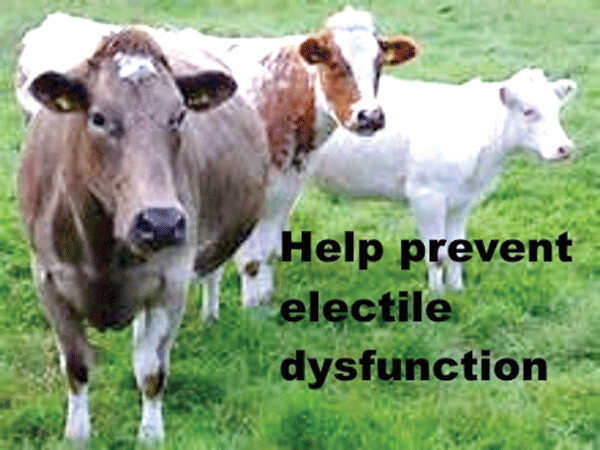Fixing Our Broken Elections

“In a democracy, someone who fails to get elected to office can always console himself with the thought that there was something not quite fair about it.” Thucydides, Greek politician and historian, 460-395 BCE.
“When one with honeyed words but evil mind persuades the mob, great woes befall the state.” Euripides, ancient Greek playwright.
When Donald Trump thought he was losing, he ranted about the election being “rigged.” After the archaic electoral college gave him the presidency, he falsely claimed voter fraud had given Hillary Clinton the popular vote majority. Sour grapes over election outcomes is nothing new. But you don’t have to be a sore loser (or winner) to think our elections have serious problems. There are many reforms that are needed. The current electoral process is an embarrassment to the country. We are seeing the results of the “honeyed words of an evil mind” brought about by our flawed elections.
We like to tell ourselves that we have the best democracy in the world. But in many ways we have never had a democracy. The Constitution was written by slave owners, intent on maintaining slavery, who were very afraid of real democracy and allowing the “mob” to have any power. They wrote into the Constitution “checks and balances” to political power specifically for these purposes.
Originally only white male property owners could vote. Only the wealthy could be candidates and officeholders. We have a long history of excluding women, blacks, Native Americans, the poor and immigrants. Jim Crow was the norm not an exception. Vote rigging, fraud, and party machines “delivering” the vote was typical in many places. Gerrymandering, the practice of manipulating political boundaries for partisan advantage, was first done in 1787 by Patrick Henry. Voter suppression using poll taxes, literacy tests, and now voter ID laws, has been common.
What needs to be done? Past experience tells us waiting for either political party to act is futile. Nothing will happen until people demand change and organize to make it happen. Like women achieving the right to vote, or the civil rights movement, the ruling elite will not concede anything without public pressure.
Money in politics, the influence of big dollar campaign contributors, and the huge cost of even local campaigns is the major problem. This has to be changed. Strong campaign finance laws must be restored. The legalized bribery and the purchasing of access to elected officials through campaign contributions must be ended.
The archaic 18th century electoral practices must be changed. The electoral college that allows presidents to be elected without receiving a majority of the vote must be abolished. This was one of the key undemocratic “checks” on the power of ordinary citizens written into the Constitution.
The same can be said for the tangle of federal, state, and local voting procedures, registration requirements, and similar impediments to voter participation. With computers and 24/7 connections we can do better. Tuesday elections are an example. Having elections on Tuesday is based on the agricultural society of the 18th century and tends to discourage participation. If we really wanted people to vote the polls would be open over a longer period of time, certainly a weekend. There would be safe, secure mail or online options. People could vote from anywhere at anytime. If we can have reliable ATM’s everywhere we should be able to have online voting.
Another example of possible change is automatic voter registration. This allows people to register to vote when accessing other government services like getting a car registration or applying for a program. Thirteen states enacted automatic voter registration laws, adding hundreds of thousands of new voters to the rolls.
Ranked choice or instant runoff voting is another good idea. This allows voters to choose more than one candidate in order of their preference. It puts an end to having only the “lesser of evils” as a choice. These systems allow more political parties to have a realistic opportunity to compete and create a more democratic process.
Any technological solutions must be trustworthy. Mistrust of the voting machines is engendered by private companies controlling the software. There must be paper trails that allow recounts and auditing of elections. Elections are public functions and must be controlled by public, non-partisan, civil service employees.
Ending gerrymandering is another essential requirement for democracy. This requires non-partisan control for drawing legislative districts. The current political process, and resulting court battles, is not acceptable.
Election campaigns are too long. Often candidates begin running years in advance. Political consultants and advertisers profit but voters are only turned off. There needs to be public control of elections. Limiting the official length of campaigns, as with limiting the money, is needed to have fair elections.
Efforts to limit access to the polls and discouraging people from voting must stop. Voter ID laws have been passed for the purpose of denying people the ability to vote. They were not passed to prevent individual voter fraud which is virtually non-existent. Arbitrarily purging of names from voting registration lists, manipulating the locations of polling places, or the number of voting machines are all efforts to keep people from voting. Opposition to same day registration, early voting days, and absentee voting options further suppress free and open access to the polls. Personal attacks on candidates not only discourage good candidates but it turns off voters. There is no valid public policy reason to prohibit felons from voting. This is just another way to reduce the number of poor and black voters.
It is not partisan sour grapes to believe we need change. In the 21st century we need an
electoral system that is open, fair, and truly democratic. It should be obvious from the public disgust with politics, poor voter turnout, and general lack of participation by people, that the current system is not working. We need bold and imaginative reforms that will create real democracy.
